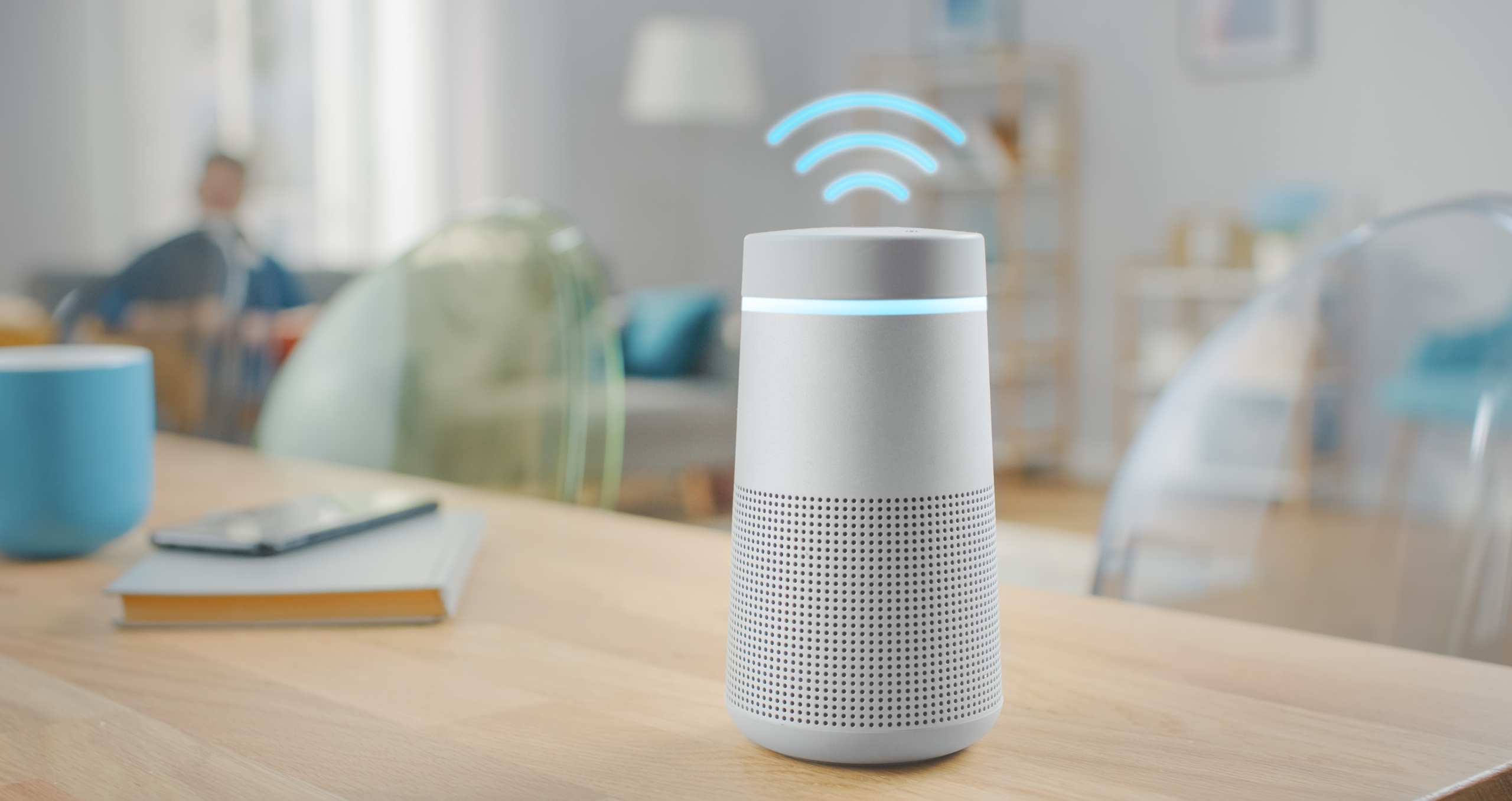In recent years, the term Artificial Intelligence (AI) has resonated more strongly in our society. It is almost inevitable that many people associate this technology with dystopian images of robots and machines taking over our devices, invading and annihilating us. This collective imaginary has been largely fuelled by science fiction in film, which tends to offer apocalyptic visions of reality.
However, Artificial Intelligence has been present in our lives for much longer than we are usually aware of and has evolved along with us. We have been adopting this technology gradually and, in many cases, without realising its real impact. Therefore, we focus on the part of AI that facilitates our daily lives, leaving the invasive versions for cinematic entertainment.
Artificial Intelligence is defined as the combination of algorithms designed to create machines that simulate human capabilities. More broadly, this implies that we train machines through commands and instructions to provide us with answers.
Consider a simple example: a scientific calculator. By entering a formula and getting a result, we are interacting with a primitive form of AI. Similarly, programs like Excel use AI to perform complex calculations. Even more basic actions, such as automatic suggestions in messaging applications, are a reflection of this technology.
The advance of AI has been exponential, especially with the advent of smartphones. Recently, many of us have relied on AI during holidays without even realising it. Tools such as Google Maps, which use GPS integration to guide us from one point to another, are a clear example of artificial intelligence in our daily lives.
When searching for accommodation, search engines return options that match our specific parameters, thanks to complex algorithms that process our preferences. Moreover, these systems recommend hotels based on similar searches by other users, showing how AI accompanies us in our search for the ideal accommodation.
During our sightseeing tours, AI is also present. Many monuments offer audio guides accessible via QR codes, and in some cases, provide augmented reality tablets for a more enriching experience.
For those of you who have travelled abroad this summer, translators with camera-based text recognition technology have been invaluable tools, especially in restaurants where understanding the menu is crucial to avoid allergies.
AI is more integrated into our daily lives than we realise. From using devices such as TV Sticks or Google Chrome to continue watching our favourite series on holiday, to checking transport schedules, finding activities and making online purchases.
We may have played board games that require apps to enhance the experience, or our children may have used tools like Canvas to create their first CV.
Artificial Intelligence is not only present in our devices, it is also transforming the way we live and experience the world, as well as the service we, as a media agency, offer to our clients. That is why at Irismedia we are committed to integrating the latest AI technologies to offer advanced and customised solutions that drive our clients’ success in an increasingly competitive market. Because the evolution and adoption of Artificial Intelligence will continue to grow, and it is essential that we understand its positive impact on our daily lives.







